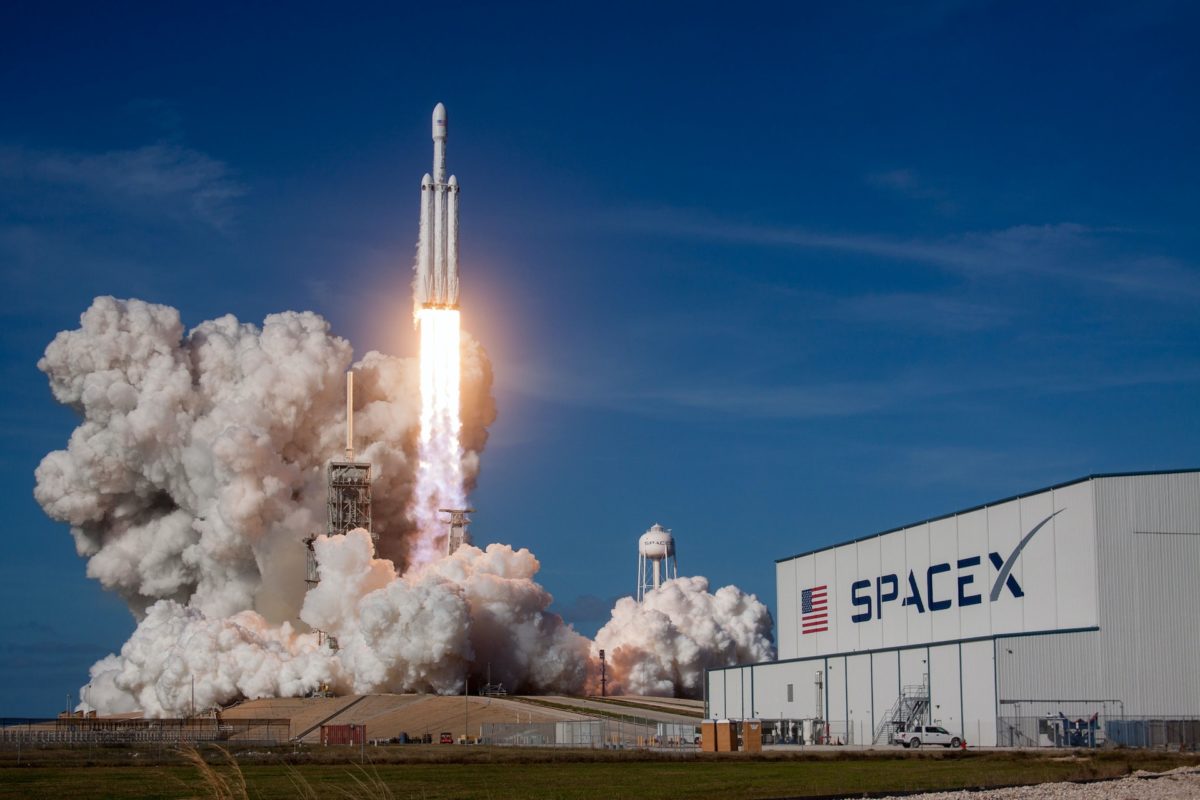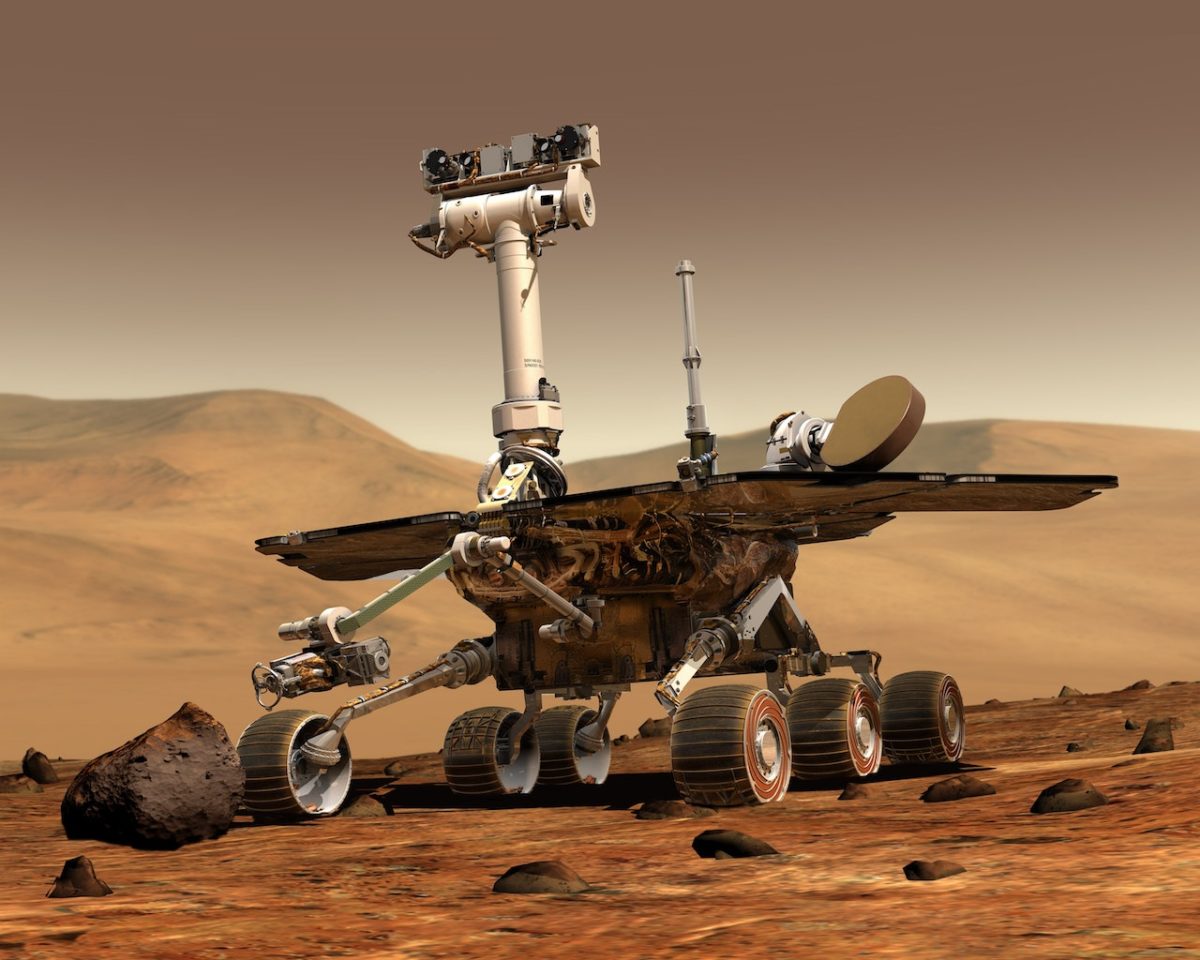Man has always been curious about what is beyond the skies. This curiosity may have played a significant role in understanding and creating optics which later on took the shape of a telescope.
Within 500 years of Galileo Galilee’s telescope, mankind has sent multiple missions into space and has already conquered the moon.
Today, scientists have evidence about the existence of two trillion galaxies and planets beyond count.
You can watch many shows with Spectrum Internet offers or your respective provider about the universe, planets, and Earth’s history. Until then, you can get an overview of the challenges related to space exploration and colonization.
High Costs
Another challenge of space exploration is the potential health risks for humans. Prolonged exposure to the radiation and microgravity of space can cause a range of health problems, including bone loss, muscle atrophy, and vision impairment.

Scientists are still working on developing effective solutions to these health risks, such as exercise programs and radiation shielding, but these solutions are still in their early stages.
Furthermore, the psychological impact of being in space for extended periods can also be a challenge for astronauts.
Being isolated from friends and family, living in close quarters with others for long periods, and dealing with the stress of space missions can all take a toll on mental health.
NASA and other space organizations are addressing these challenges by providing psychological support and counseling to astronauts.
In addition, space exploration raises ethical questions about the impact on other celestial bodies and the potential for contaminating them with Earth microbes.
This is especially relevant as plans for colonization and resource extraction on other planets are being considered.
It is important to ensure that any actions taken in space do not harm the environments of other celestial bodies or their potential for scientific discovery.
Despite these challenges, the excitement and potential benefits of space exploration continue to inspire scientists and researchers.
Through continued innovation and collaboration, we may one day overcome these challenges and achieve new breakthroughs in our understanding of the universe.
Immense Distances
The distance between the planets is another major problem. Astronauts will have to travel for years to reach other planets or their moons. Humans are not made for traveling distances this long.
Not to mention, offering different supplies and foods is another challenge. Loading these things up in a rocket will increase its weight which will ultimately increase the costs of sending a rocket into space.
Budget aside, making arrangements for humans to travel for years through the expanse of space is a bigger challenge. It would be ideal if astronauts slept for the most time during their voyage.
Other issues aside, there may be a gap in technology that needs to be covered before space exploration projects on different planets are initiated. The designs of rockets may need to be modified to land on planets.
Also, space stations may need to be set up to fuel rockets on their voyage. In short, there is a lot that has to be done just for traveling to another Earth-like planet.
Other Planets Are Not Suitable To Live
Mars has captured the imagination of many people as a potential destination for human exploration and colonization. However, the reality of the planet’s current conditions makes it a difficult and challenging proposition.

With temperatures well below freezing, a thin atmosphere, and no magnetic field to protect against radiation, the planet’s environment is not hospitable to life as we know it.
Despite this, Mars remains an important target for exploration due to its proximity to Earth and the potential for discovering evidence of past or present life.
Making Mars habitable for humans would require a massive effort involving multiple steps and technologies.
One proposed method involves creating a greenhouse effect on the planet by introducing greenhouse gases into the atmosphere, which would raise the temperature and create conditions suitable for plant growth.
This could also release water trapped in ice beneath the surface, which would be essential for sustaining life.
However, this process would take many years, if not centuries, to achieve. In addition to the environmental challenges, colonizing Mars would require a significant investment of resources and technology.
Building structures to protect against radiation and extreme temperatures, developing self-sustaining food and water systems, and ensuring a constant supply of resources from Earth would all be necessary to sustain a human presence on the planet.
Despite the many challenges, the possibility of colonizing Mars remains an exciting prospect for some scientists and enthusiasts.
With continued research and innovation, it may one day be possible to make the planet a viable destination for human exploration and habitation. Only time will tell if we are willing to take on the immense challenges involved in making this vision a reality.
Conclusion
While the idea of space exploration is undoubtedly thrilling, the many challenges involved in making it a reality cannot be overlooked.
From the launch and travel phase to the design and construction of habitats for humans to live in space, numerous technical and logistical hurdles must be overcome.
Despite the challenges, the possibility of space exploration through human travel and even colonization remains an exciting prospect for the future.
Through continued research and innovation, we may one day overcome the current challenges and make human space exploration a reality.
Until then, robotic rovers and space telescopes remain the best means for exploring the cosmos and gathering important data and insights about our universe.